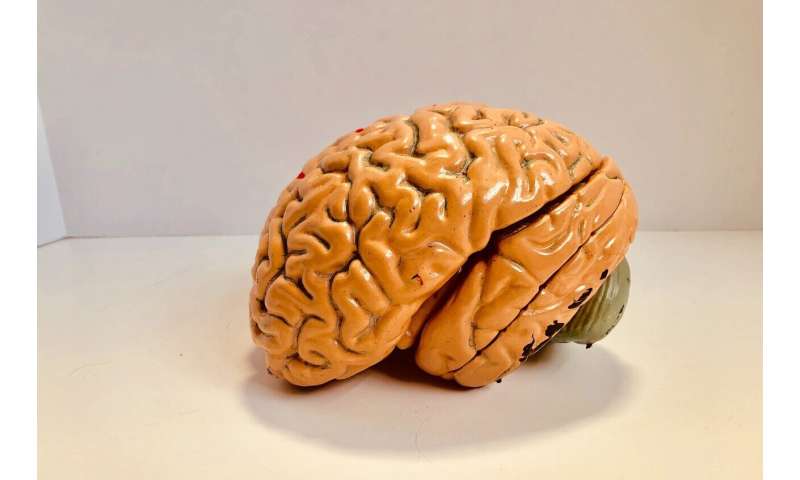
Scientists from Trinity College Dublin have discovered a new link between impaired brain energy metabolism and delirium—a disorienting and distressing disorder particularly common in the elderly and one that is currently occurring in a large proportion of patients hospitalized with COVID-19 [15th of July 2020].
While much of the research was conducted in mice, additional work suggests overlapping mechanisms are at play in humans because cerebrospinal fluid (CSF) collected from patients suffering from delirium also contained tell-tale markers of altered brain glucose metabolism.
Collectively, the research, which has just been published in the Journal of Neuroscience, suggests that therapies focusing on brain energy metabolism may offer new routes to mitigating delirium.
Delirium
When the body experiences high levels of inflammation—such as during bacterial or viral infections—the way our brains function changes, which in turn affects our mood and motivation. In older patients such acute inflammation can produce a profound disturbance of brain function known as delirium. Despite the disorder being relatively common, the mechanisms by which it arises are poorly understood.
In the new research the scientists found that artificially inducing peripheral inflammation in mice triggered sudden onset cognitive dysfunction, and that this is mediated by a disturbance to energy metabolism.
In these experiments, inflammation left the mice with lower levels of blood sugar (glucose), which the brain requires for maintaining normal function. When the animals were supplemented with glucose, their cognitive performance returned towards normal, despite the continued inflammation.
Professor Colm Cunningham, who leads the Trinity Biomedical Science Institute lab where the work was performed, said: “An important feature of these experiments was that mice with early stages of pre-existing neurodegenerative disease were far more susceptible to dysfunction when these metabolic changes occurred.
“Our collaborators in Oslo also detected evidence of altered brain glucose metabolism in cerebrospinal fluid taken from people experiencing delirium, which argues for overlapping mechanisms in humans and mice. In other words, the signs are that similar processes are at work in people.”
Dr. Wes Ely, a critical care physician from Vanderbilt University, who wasn’t involved with the study, added, “The finding that the neurodegenerative animals are less resilient to this disturbance of energy metabolism really resonates with what we see in our intensive care unit patients with delirium.”
Given the frequency of delirium during hospitalized members of the elderly population and, given that these episodes can accelerate the progress of underlying dementia treatments are desperately needed.
Source: Read Full Article
